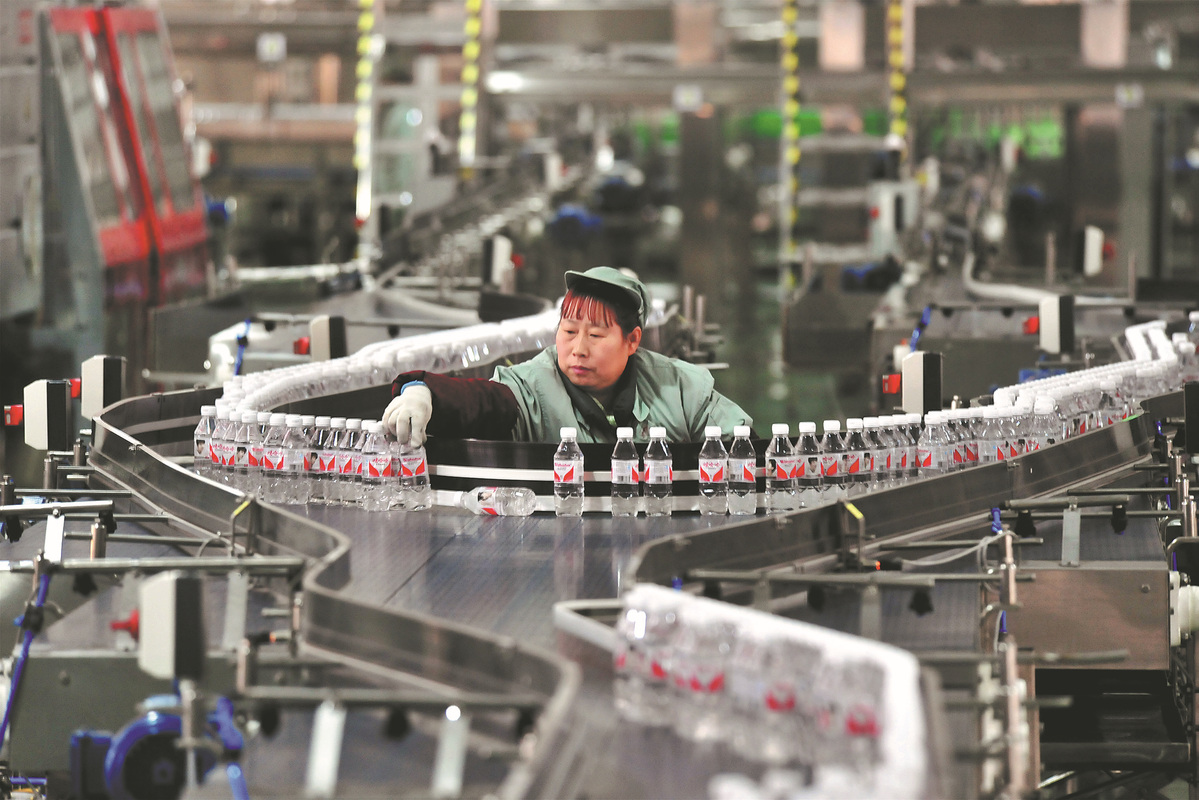Tycoon's rags-to-riches story echoes nation's rise
Late head of Wahaha Group remembered for innovative ideas, humble lifestyle, concern for others


Tough start
Born in 1945, Zong's early years were shaped by hard work at salt mines and tea farms in Zhoushan, Zhejiang. He once said the 15 years of menial labor had built his character and resilience.
Zong returned to Hangzhou in 1978, and in 1987, he took over a school shop and began selling sodas and ice creams. At about the same time he founded the Wahaha Group and teamed up with a nutrition expert at a local hospital to develop the company's first product, a nutritional drink for children.
The drink proved successful and led to the company's first major expansion. In 1991, with support from the Hangzhou government, the company acquired an indebted State-owned enterprise, the Hangzhou Canned Food Product Co.
Zong initially encountered opposition from the workers but won them over by explaining to them Wahaha's founding, how it operated and the benefits it would bring them. Three months later, the cannery began turning a profit.
Wahaha's early success was largely attributed to its sales system and vast distribution network. In 1994, when the country's credit system was still evolving, Wahaha began to foster strong financial links between producers and distributors.
The company's idea involved the upfront guarantee of money from the distributors to the producers, with the products delivered at a later date. This ensured a steady cash flow for the producers and fostered their loyalty to the distributors.
The money guarantee was usually the equivalent of 10 percent of estimated annual sales and was refunded with interest at year's end by the producers. This innovative risk-sharing model became a case study at many business schools.



































